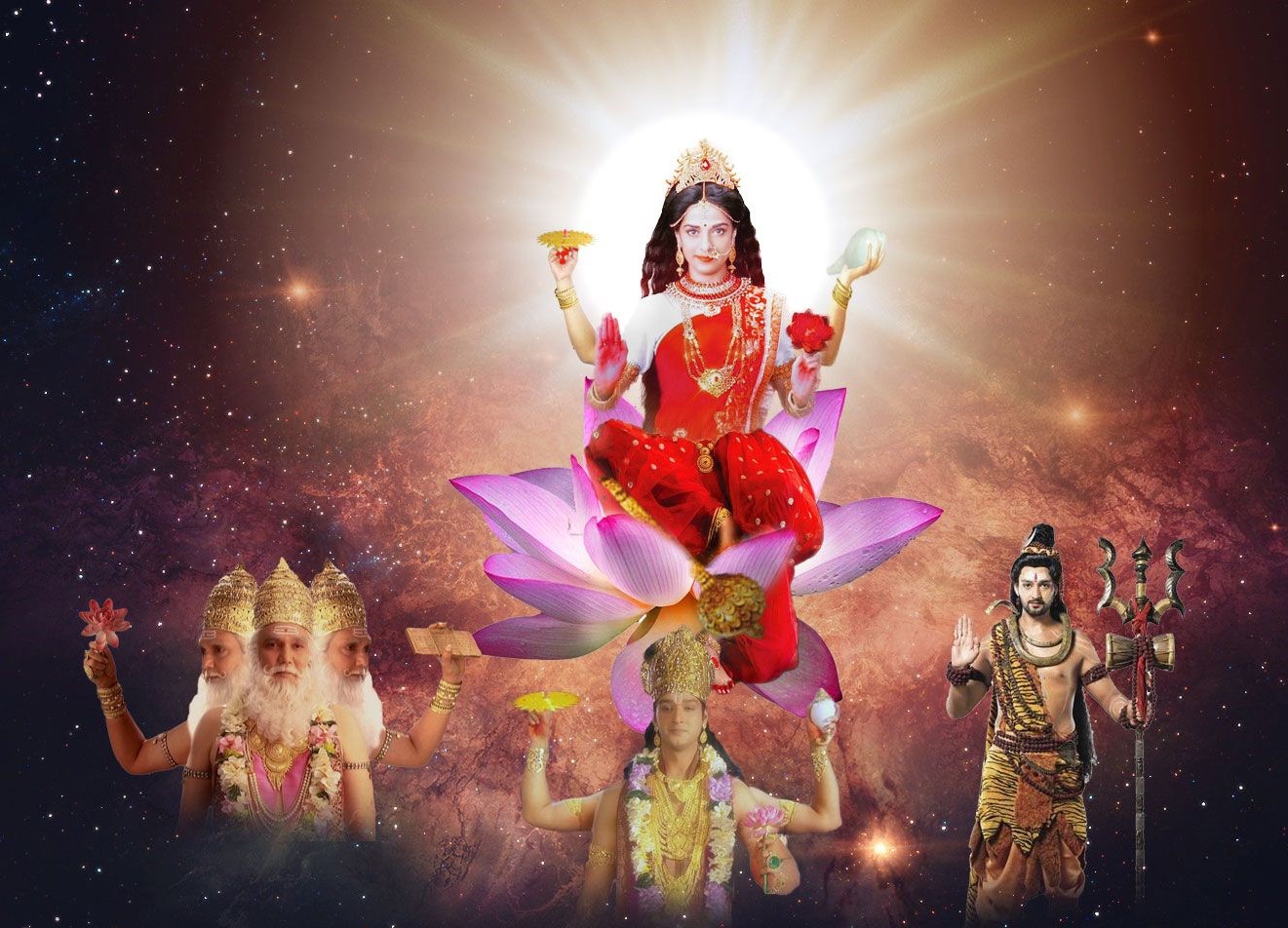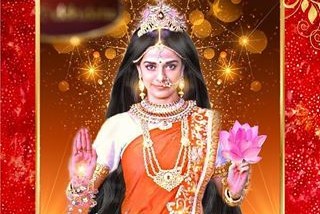
On the ninth day of Navratri, devotees worship Goddess Siddhidatri, the ninth form of Goddess Durga. Siddhidatri is believed to bestow all types of Siddhis (spiritual powers) and is often depicted with four hands, holding a lotus, a mace, a conch, and a discus. Her divine grace is said to fulfill the spiritual and material aspirations of her devotees. Worshipping Goddess Siddhidatri is considered auspicious and grants blessings of knowledge, wisdom, and spiritual enlightenment. It is believed that by seeking her blessings, one can attain perfection and various Siddhis to progress on the spiritual path.
Importance of Ninth Day (Navami) Of Navratri
The ninth day of Navratri, also known as Navami, holds significant importance in Hindu culture and the celebration of this festival. It is associated with the worship of Goddess Durga and carries several layers of significance:
- Worship of Goddess Siddhidatri: On the ninth day of Navratri, devotees offer their prayers to Goddess Siddhidatri. She is believed to be the bestower of supernatural abilities and is associated with the attainment of spiritual and material accomplishments.
- Completion of the Ninth Form: The ninth day marks the culmination of the nine-day festival, and it is believed that the devotees who have observed the fast and performed the rituals with devotion are blessed with the divine grace of the Goddess.
- Spiritual Significance: Navratri is not only a time of celebration but also a period of spiritual reflection and self-purification. The ninth day is a moment for devotees to seek the blessings of Goddess Siddhidatri and to ask for the wisdom and strength to overcome their inner obstacles.
- Cultural and Social Significance: Navratri is a time for communities to come together, perform traditional dances like Garba and Dandiya, and celebrate the victory of good over evil. It fosters a sense of unity and cultural pride.
Legend of Siddhidatri (Goddess of Siddhis -Supernatural powers)

Siddhidatri is the ninth and final form of Goddess Durga, worshipped during the auspicious festival of Navratri. She is the bestower of supernatural powers or “siddhis” to her devotees. Often depicted seated on a lotus flower, she possesses four arms and exudes an aura of divine grace. In one hand, she holds a mace, symbolizing the power to destroy obstacles, and in another, a conch, signifying the divine sound that reverberates throughout the universe.
The third hand bears a discus, representing the continuous cycle of creation and destruction, while the fourth hand holds a lotus, symbolizing purity and enlightenment. Siddhidatri is revered by those seeking spiritual evolution and the attainment of miraculous abilities, as her blessings are believed to bring mastery over one’s inner self and the external world.
Spiritual Practices and Vedic Rituals for the Ninth Day (Navami) of Navratri
you can perform certain spiritual practices and Vedic rituals. Here’s a guide for the ninth day of Navratri:
Morning Rituals:
- Meditation: Start your day with a peaceful meditation session to clear your mind and focus your energy on the Goddess.
- Prayers: Offer your prayers to Goddess Siddhidatri. You can recite her mantra – “Om Devi Siddhidatryai Namah” – and seek her blessings.
- Light a Lamp: Light a lamp or diya in front of the Goddess’ idol or image. This symbolizes the dispelling of darkness by divine light.
Offerings:
- Flowers: Present fresh and fragrant flowers to the Goddess as a symbol of devotion.
- Sweets and Fruits: Prepare or buy your favorite sweets and fruits as offerings and then distribute them as prasad after the puja.
Vedic Rituals:
- Chant Mantras: Recite Siddhidatri’s mantras and stotras. You may want to seek guidance from a knowledgeable priest or guru for the appropriate mantras.
- Havan: Perform a havan (sacred fire ritual) by offering ghee, herbs, and other ingredients into the fire while chanting mantras. This is believed to purify the surroundings and please the Goddess.
These rituals can help you attain spiritual growth and inner peace. The reverence and devotion expressed through these rituals are a testament to the deep-seated spirituality that is an integral part of Indian culture.
Remember that the most important aspect is to perform these rituals with a pure heart and devotion, as the sincerity of your prayers is what truly pleases the goddess.
About Author

Spiritual Coach Anupriya is a seasoned holistic health coach based in Dehradun, India. With expertise in Astrology, Tarot Card Reading, Reiki Healing, and more, she guides seekers towards holistic well-being. Her profound knowledge in psychology enhances her mission of offering spiritual guidance and healing to those in need. She’s the founder of DISHA Academy which is part of Divine Instrument.






